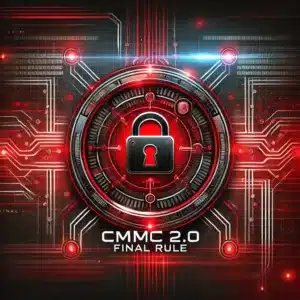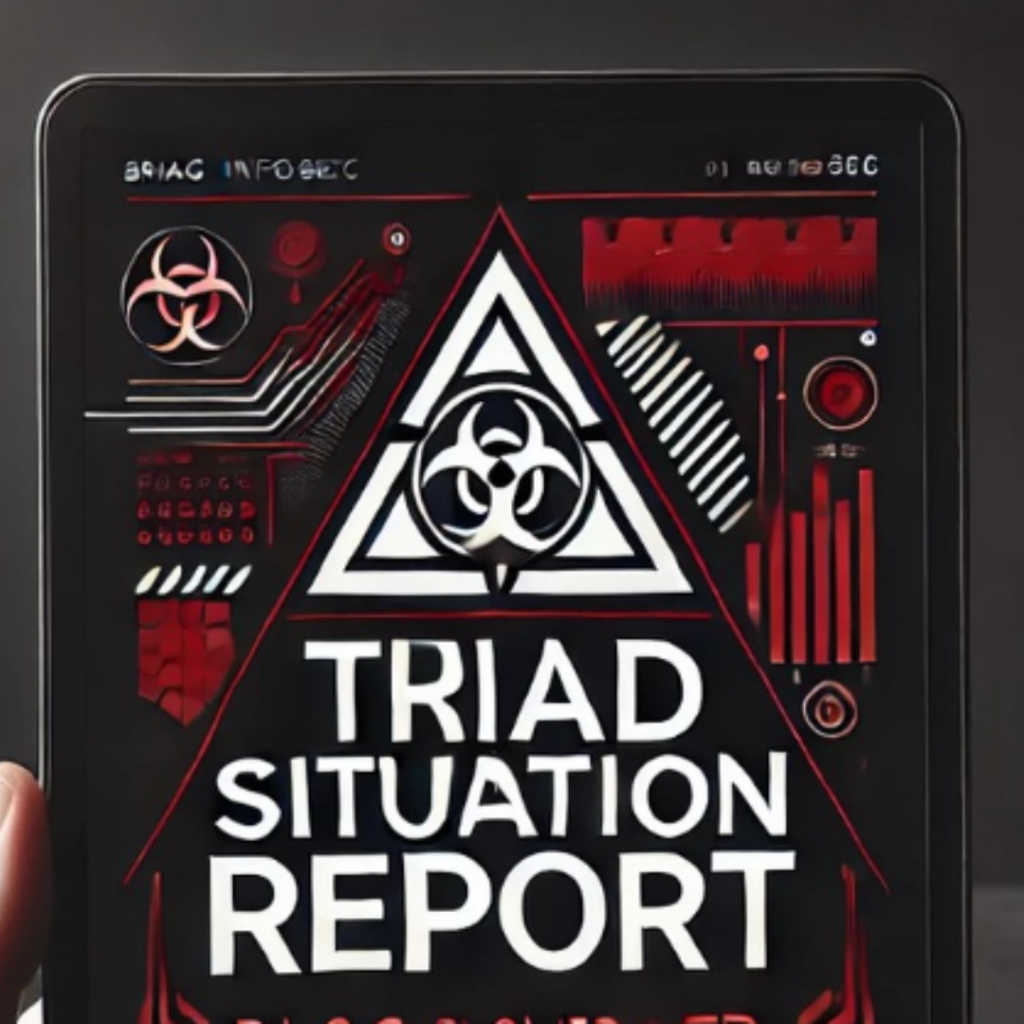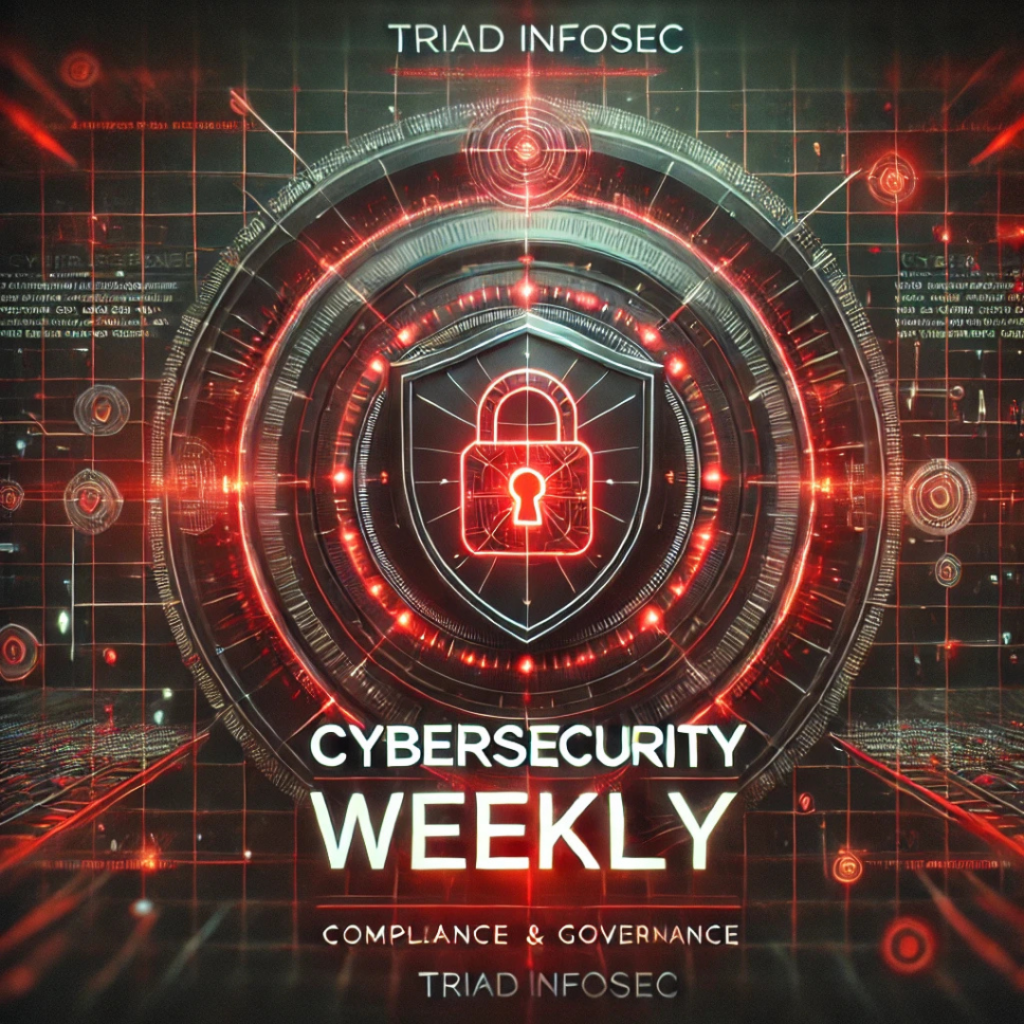The CMMC 2.0 Final Rule: What It Means for Your Business and How to Stay Compliant
The Department of Defense (DoD) has officially released the Cybersecurity Maturity Model Certification (CMMC) 2.0 Final Rule, significantly impacting contractors and subcontractors within the Defense Industrial Base (DIB). This new regulation, aimed at strengthening cybersecurity measures to protect sensitive defense information, introduces stringent compliance requirements that all DoD contractors must meet to maintain eligibility for future contracts.
With cyber threats increasing at an alarming rate, the DoD is reinforcing security measures to ensure the protection of Federal Contract Information (FCI) and Controlled Unclassified Information (CUI). CMMC compliance is no longer optional—it is a critical requirement for businesses that wish to continue working with the DoD. Companies that fail to comply risk losing contracts, making it imperative to understand and prepare for the upcoming certification process.
What is CMMC and Why is it Important?
The Cybersecurity Maturity Model Certification (CMMC) is a framework developed by the DoD to assess and verify the cybersecurity practices of contractors working with sensitive defense-related data. It establishes a tiered approach to cybersecurity, ensuring that all organizations within the DIB implement appropriate safeguards to prevent cyberattacks and unauthorized data access.
CMMC is essential because it enhances the security posture of businesses working with the DoD, reduces the risk of cyber espionage, and prevents adversaries from accessing classified and unclassified information. The DoD has emphasized that “The aggregate loss of intellectual property and controlled unclassified information from the DoD supply chain can undercut U.S. technical advantages and innovation, as well as significantly increase the risk to national security” (Department of Defense).
Key Differences Between CMMC 2.0 and NIST SP 800-171
Many businesses have previously adhered to the National Institute of Standards and Technology (NIST) Special Publication 800-171 framework for cybersecurity compliance. While both NIST SP 800-171 and CMMC 2.0 share similar objectives, there are notable differences:
- Certification Process: NIST SP 800-171 relies on self-assessments, while CMMC 2.0 introduces a mandatory third-party certification process at higher levels.
- Enforcement: CMMC 2.0 ensures that cybersecurity compliance is not just a checklist but a verifiable, enforceable standard.
- Three-Tiered Maturity Model: CMMC 2.0 categorizes compliance into three levels, requiring different levels of assessment depending on the sensitivity of the data handled.
The Three Levels of CMMC 2.0 Compliance
CMMC 2.0 simplifies the previous five-level model into three tiers, each with distinct requirements:
- Level 1: Foundational
- Applies to contractors handling Federal Contract Information (FCI).
- Requires an annual self-assessment.
- Aligns with the 17 basic cybersecurity practices outlined in FAR 52.204-21.
- Level 2: Advanced
- Applies to contractors managing Controlled Unclassified Information (CUI).
- Requires adherence to NIST SP 800-171 security controls.
- Requires a triennial third-party assessment for critical contractors and self-assessment for non-prioritized organizations.
- Level 3: Expert
- Applies to companies handling the most sensitive forms of CUI.
- Requires compliance with additional security controls beyond NIST SP 800-171, including those from NIST SP 800-172.
- Involves a triennial government-led assessment.
When Does CMMC 2.0 Take Effect and How Long Do You Have to Comply?
The DoD has finalized the CMMC 2.0 rule, with full implementation set to begin on December 16, 2024. While some elements will be phased in gradually, businesses are advised to start their compliance journey immediately, as achieving certification can take 12-18 months. This means companies must act now to avoid the risk of disqualification from future contracts.
The Business Impact of Non-Compliance
Failing to achieve CMMC compliance has serious consequences. Companies that do not meet the required cybersecurity standards will be ineligible for DoD contracts, resulting in lost revenue and business opportunities. Additionally, non-compliance could lead to legal and financial penalties if a breach occurs.
The DoD has made it clear that cybersecurity is a national security issue, and businesses must take compliance seriously. According to a statement from the DoD Chief Information Officer, “CMMC 2.0 is designed to be a cost-effective and straightforward approach to cybersecurity compliance while ensuring our defense supply chain remains protected from foreign adversaries.”
CMMC Compliance Extends to Third-Party Vendors
It is important to note that CMMC compliance is not limited to primary DoD contractors. Third-party vendors and subcontractors that handle FCI or CUI on behalf of a prime contractor must also achieve the necessary level of certification. This means businesses must evaluate their supply chain and ensure that all partners and vendors meet the required cybersecurity standards.
Take Action Now: How Triad InfoSec Can Help
Achieving CMMC compliance is a complex and time-consuming process, but you don’t have to do it alone. Triad InfoSec specializes in CMMC compliance and provides the expertise, tools, and guidance necessary to help businesses navigate the certification process.
With extensive experience in cybersecurity compliance, we offer:
- Gap Assessments: Identifying areas where your current security measures fall short.
- Remediation Plans: Providing actionable solutions to address deficiencies.
- Policy & Documentation Support: Ensuring all required policies and documentation are in place.
- Mock Assessments: Preparing your business for the official CMMC audit.
- Continuous Compliance Monitoring: Helping you maintain compliance beyond the initial certification.
Don’t risk losing valuable DoD contracts—start your compliance journey today! Contact us now to get started





